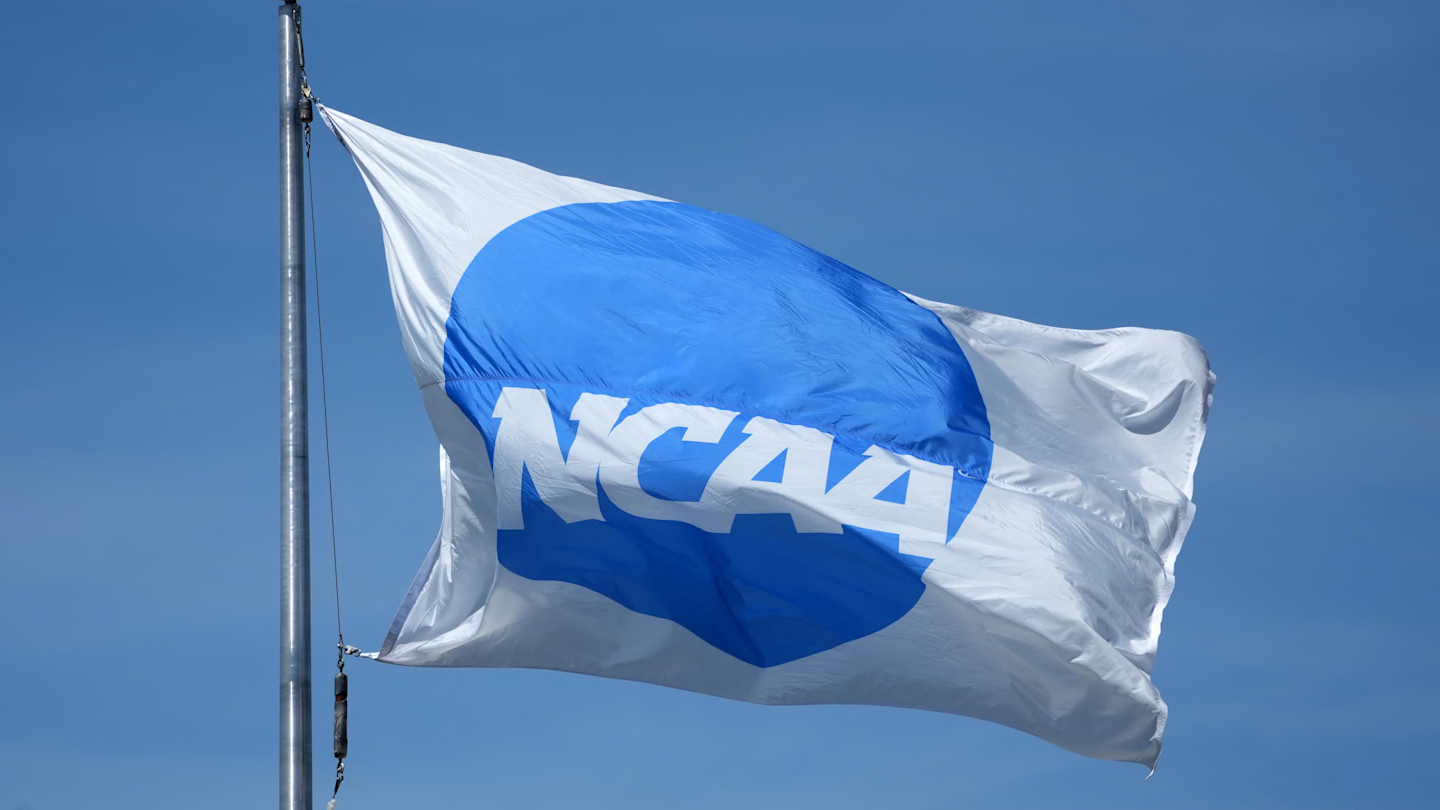The SCORE Act: Transforming the Landscape of College Sports
Just about a month after the landmark House Settlement reshaped the realm of college sports, particularly in softball, lawmakers are gearing up to introduce the SCORE Act. This proposed legislation aims to modify the current transfer portal, fundamentally altering how student-athletes navigate their collegiate careers.
Support from the NCAA
Recently, NCAA Senior Vice President of External Affairs, Tim Buckley, voiced strong support for the SCORE Act. "Student-athletes have consistently asked for meaningful reform," he stated, highlighting how this legislation serves to address the priorities of athletes. The NCAA has already implemented essential changes, including health and wellness benefits and a new financial structure that allows Division I programs to allocate up to 50% of athletic revenue to student-athletes. Yet, Buckley underscores that many fundamental changes will require congressional support, emphasizing a collaborative effort between the NCAA and Congress.
Legislative Hurdles
For the SCORE Act to become law, it first needs to clear the House floor and then garner at least seven Democratic votes in the Senate to align with Senate Republicans. Until now, various attempts to enact legislation to regulate NCAA operations have stalled in the Senate due to a lack of bipartisan agreement.
Key Provisions of the SCORE Act
One of the most significant changes proposed in the SCORE Act is the reinstatement of a one-time transfer rule. This would roll back the current allowances that enable athletes to transfer multiple times between institutions. The aim here is to mitigate rampant tampering across college sports—an issue where coaches engage with athletes well before they officially enter the portal, seeking to recruit them prematurely.
Regulation of Agents
Another critical element of the SCORE Act is its focus on agent regulation. The bill seeks to define who qualifies as an agent while capping agent commissions at 5% of their clients’ earnings, a stark contrast to the 10-20% currently seen in the industry. This change aims to protect student-athletes from potentially exploitative practices.
Transparency and Ethics in NIL Deals
The SCORE Act also addresses the complex world of Name, Image, and Likeness (NIL) deals. It introduces an anti-employment clause, demanding greater transparency from athletic departments about NIL contracts. These agreements would need to meet specific criteria aimed at ensuring they serve legitimate business purposes, while also undergoing evaluation through Deloitte’s NIL Go vetting system. Furthermore, schools retain the authority to limit NIL deals that are found to violate conduct codes.
Safeguarding Athletic Programs
Preserving athletic diversity is another intention behind the SCORE Act. It mandates that institutions maintain at least 16 varsity sports, echoing requirements already in place for Football Bowl Subdivision (FBS) schools. This provision is crucial for Olympic sports, such as softball, which faced potential cuts amidst the shifting landscape introduced by the revenue-sharing plan from the House Settlement.
Comprehensive Support for Student-Athletes
The SCORE Act is not only about regulatory measures; it also emphasizes the holistic support of student-athletes. Schools will be required to enhance their commitment to student-athlete welfare by providing programs aimed at degree completion, sexual violence prevention, financial literacy education, mental health resources, and health insurance coverage for up to three years post-graduation. Importantly, it also safeguards student-athletes from losing scholarships due to injury or performance issues.
Financial Accountability for Institutions
Lastly, the bill strictly prohibits schools from utilizing student fees to fund revenue distributions. This particular provision means institutions like Tennessee, West Virginia, Clemson, and South Carolina—who have implemented so-called "talent fees" to support revenue sharing with athletes—will need to identify alternative funding strategies if the SCORE Act is passed.
With its comprehensive approach to reforming college athletics, the SCORE Act represents a pivotal moment in the ongoing discussion of student-athlete rights and welfare. As it moves closer to potential enactment, all eyes will be on how this legislation could reshape the landscape of college sports and foster a more equitable environment for athletes across the board.


